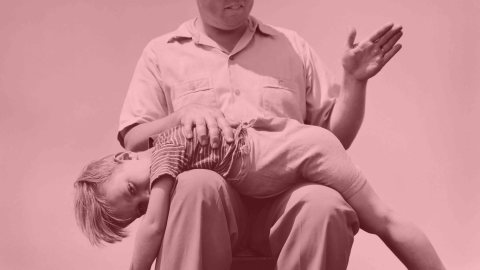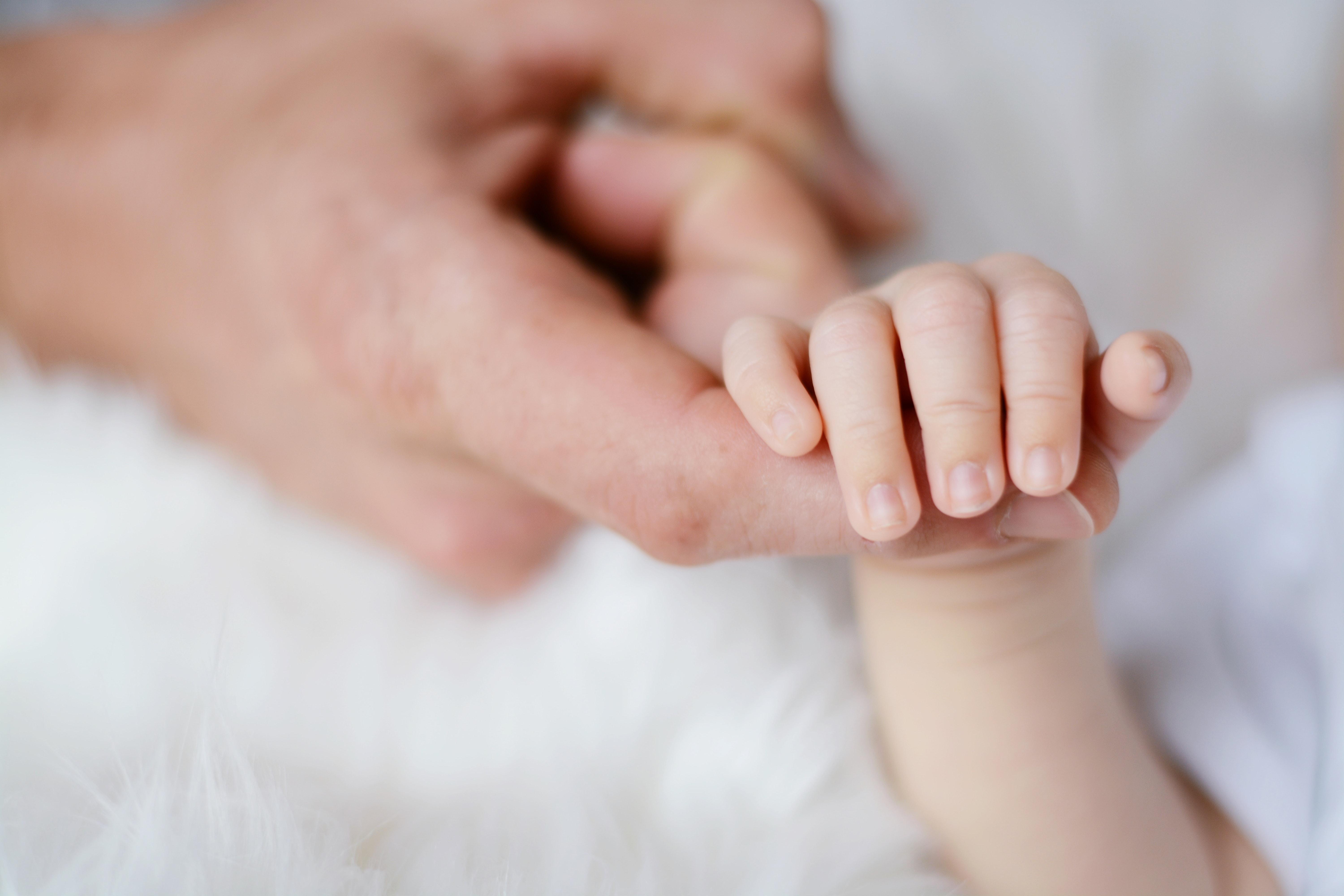Spanking Children Affects Their Behavior as Adults, Says New Study

A new study that analyzed 50 years of research on spanking concludes that the more children are spanked, the more chance there is that they’ll actually listen less to parents and will grow up with a host of issues, ranging from aggression to cognitive and mental health problems.
In fact, spanking has the opposite effects of what parents want to accomplish.
“Our analysis focuses on what most Americans would recognize as spanking and not on potentially abusive behaviors,” said professor Elizabeth Gershoff of the University of Texas at Austin. “We found that spanking was associated with unintended detrimental outcomes and was not associated with more immediate or long-term compliance, which are parents’ intended outcomes when they discipline their children.”
Perhaps you think that spanking is no longer a widespread practice, but as many as 80% of parents worlwide spank their children, according to a 2014 UNICEF report. Gershoff and co-author Andrew Grogan-Kaylor defined spanking as open-handed hitting of the behind and “extremities”.
While there is no clear evidence that spanking has any positive effects, the evidence of the harm it does to the behavior and development of children is plenty. Among the long-term effects of spanking, the researchers found the spanked children to be more likely to exhibit anti-social behavior and psychological issues. And sadly, they continued the cycle by being more likely to apply physical punishment to their own children.
Gershoff also noted that “we as a society think of spanking and physical abuse as distinct behaviors. Yet our research shows that spanking is linked with the same negative child outcomes as abuse, just to a slightly lesser degree.”
The professor called for parents to educate themselves on the potential harm done by spanking and to “try positive and non-punitive forms of discipline.”
The study, published in the Journal of Family Psychology, looks at research involving over 160,000 children. It was conducted by researchers from the University of Texas at Austin and University of Michigan.
In related research, here’s Dr. Vincent Felitti talking about how childhood trauma can make you a sick adult.





